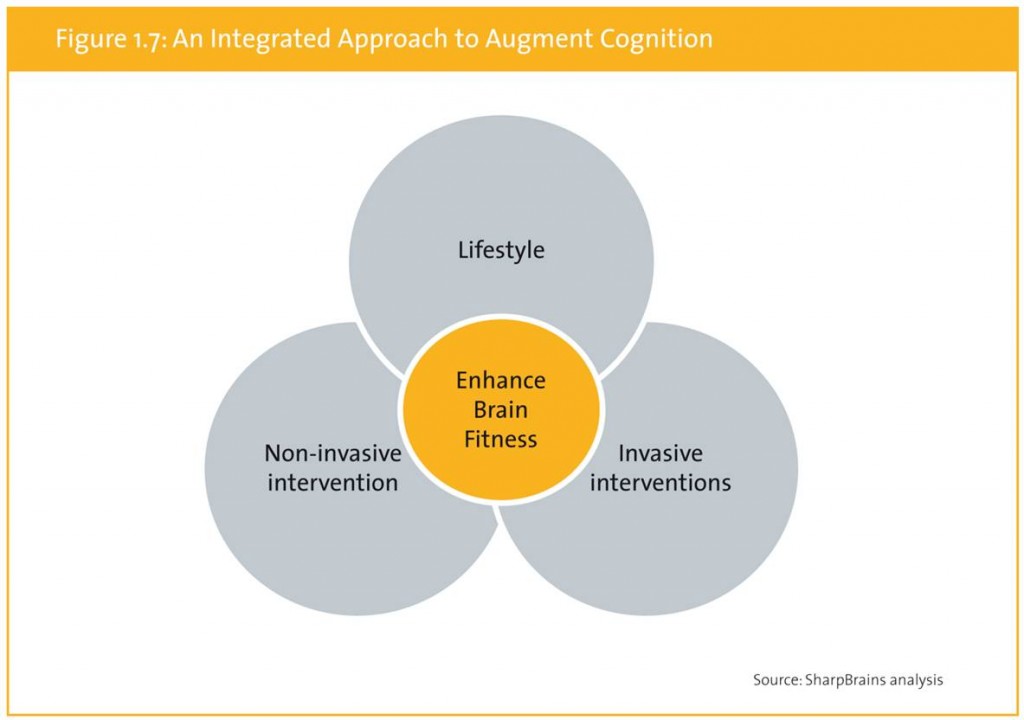Posts Tagged ‘leaders’
100 newly recognized Young Global Leaders train their brains (and others’) by tackling complex challenges with innovative approaches
Meet the 2017 Class of Young Global Leaders (World Economic Forum release): “They develop gene-editing technology, rebuild wartorn nations and much more…Each year the World Economic Forum undertakes an ambitious endeavour – to scour the world to select 100 young leaders, under the age of 40, who are tackling the world’s most complex challenges with…
Read MoreMaximizing the mental peak performance of astronauts, leaders…and everybody else
Maximizing the peak performance of astronauts, leaders…and everyone else from SharpBrains Enjoy this great session held at the 2014 SharpBrains Virtual Summit, featuring: Dr. Susan Jewell, President of the International Space Medicine Consortium Dr. Robert Bilder, Chief of Medical Psychology-Neuropsychology at UCLA Semel Institute for Neuroscience Dr. Bill Reichman, President of Baycrest Chair: Rajiv Pant, Chief…
Read MoreBrain Fitness: Definition, Priorities, and Links to Neuroleadership and Human Capital
Yesterday we had a fun session on Brain Fitness during the Neuroleadership Summit taking place now in San Francisco, exploring opportunities to enhance performance and health of leaders and workforces by deploying both old tools (like breathing and meditation) and new ones (such as biofeedback and database-driven personalized brain training solutions). Here are a couple…
Read More

